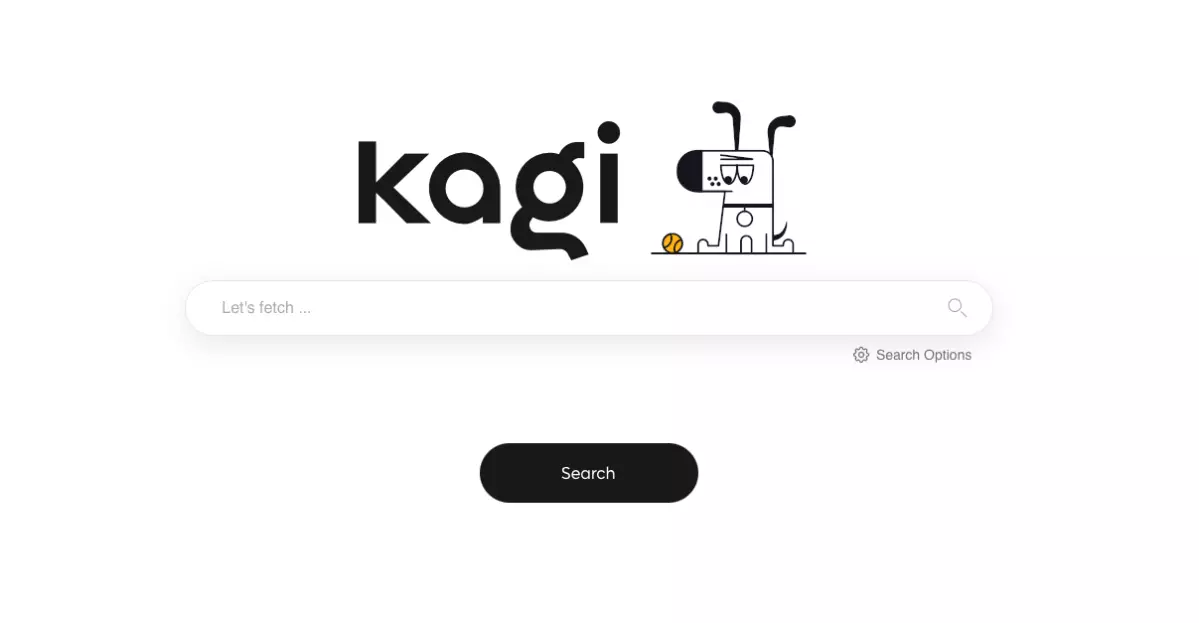In a significant move to differentiate itself in the crowded online search marketplace, Kagi has launched a new pricing initiative aimed at enhancing user experience. This innovative Fair Pricing model effectively rewards users for their non-usage of the service, acknowledging that sometimes, life gets busy, and searching can slip our minds. The initiative allows users who forget to utilize Kagi during a billing cycle to receive a credit that rolls over into the next month. This offers a “no-strings-attached” gesture of goodwill—the user is not charged for a month of inactivity, which sets Kagi apart from traditional search engines and even other alternatives.
Kagi’s introduction of this feature is a clear indication of its commitment to customer satisfaction. The company asserts that circumstances can lead users to forget their search engine of choice, and this understanding fosters a more user-friendly environment. In an era where users often feel overwhelmed by subscriptions, Kagi’s approach represents a refreshing change that emphasizes customer support rather than the conventional business model of maximizing revenue at any cost.
This user-centric philosophy starkly contrasts with that of larger search engines like Google, where user engagement and activity are often exploited for data monetization. While many similar services, such as DuckDuckGo and OpenAI’s SearchGPT, are increasingly embracing artificial intelligence to enhance search functionalities, Kagi opts for a straightforward user interface that directly translates search queries into a simple list of links.
An important aspect of Kagi’s service is its unwavering commitment to user privacy. By refusing to track user activity or engage in data sale, Kagi positions itself as a guardian of personal information, labeling it an “unwelcome liability.” This resonates with a growing number of consumers who are increasingly concerned about their online privacy. In addition, Kagi allows users to create special search “lenses” that focus on specific content types or web domains, providing a tailored search experience. This customization capability meets the diverse needs of students, researchers, or anyone requiring specialized searches, adding a unique touch to Kagi’s service offerings.
Despite its innovations, Kagi’s transition to a paid model post-trial may not appeal to all users. After a trial period of 100 searches, users must subscribe to continue benefiting from the service. As the online search landscape continues to evolve, it will be interesting to see how Kagi navigates the balance between providing value and justifying its cost. While the concept of providing usage credits is groundbreaking, its true effectiveness in retaining and attracting users will depend on consistent user engagement and satisfaction.
Overall, Kagi’s new Fair Pricing initiative introduces a thoughtful approach that emphasizes user welfare. As it continues to build its reputation in the competitive search engine arena, its unique offerings may inspire other platforms to rethink their relationship with users, potentially reshaping the future of online searching.


Leave a Reply